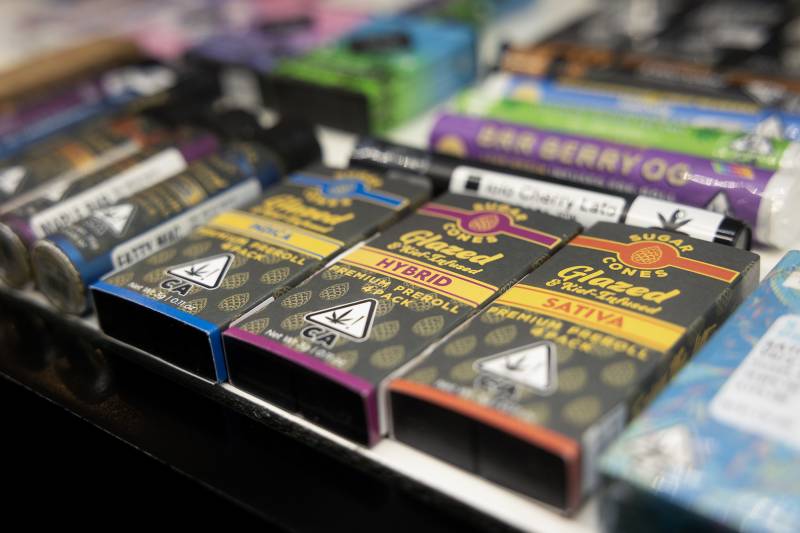Starting in the new year, California employers will be barred from asking workers about their use of cannabis outside of work and from discriminating against them because of it.
Two bills signed by Gov. Gavin Newsom in the past couple of years aim to strengthen the state’s legal cannabis industry by updating outdated laws. Assembly Bill 2188, which Newsom signed in 2022, will prohibit employers from using the results of hair or urine tests for marijuana — which can detect traces of cannabis for days or weeks — in their decisions to hire, fire or penalize workers.
When the governor signed AB 2188 along with other cannabis-related bills in 2022, he said in a press release that “rigid bureaucracy and federal prohibition continue to pose challenges to the industry and consumers.”
SB 700, which Newsom signed this year, clarifies AB 2188 by amending the state’s Fair Employment and Housing Act to bar employers from asking job applicants about their prior use of cannabis.
California NORML, a nonprofit organization that advocates for consumer rights related to cannabis, sponsored AB 2188. In its argument supporting the bill, the organization said hair or urine testing for marijuana does not detect actual impairment, a fact the federal government has acknowledged. “Studies indicate that metabolite tests for past use of marijuana are useless in protecting job safety,” the group said.
